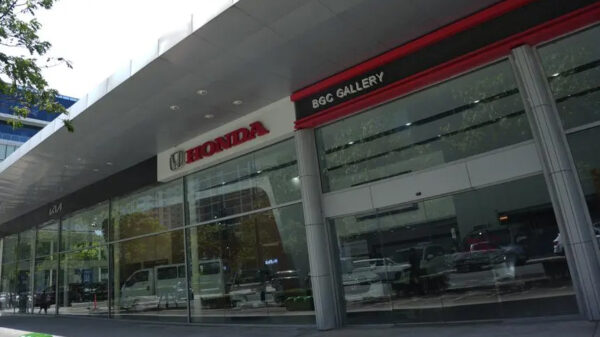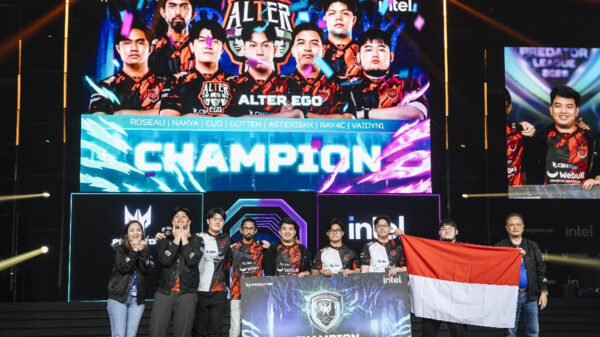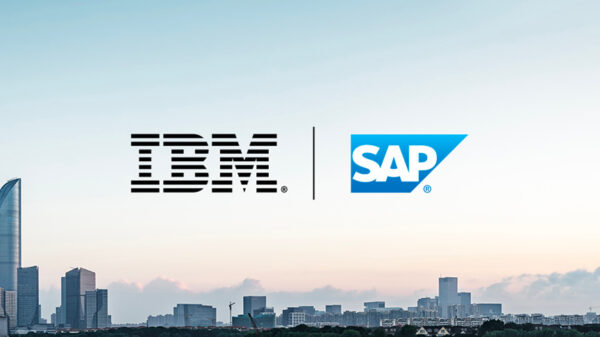In the retail industry, customer expectations are straightforward: they want to easily find the products they need and enjoy a hassle-free shopping experience. If a store falls short in these aspects, it risks losing its place as a preferred shopping destination for customers. That is precisely why the foundation of a great customer experience lies in effective space planning.
Commonly referred to as a planogram, space planning involves optimizing a store’s layout and product placement to enhance customer experiences and increase sales. Effective strategies include positioning high-demand and seasonal items near the entrance, ensuring accessibility and visibility in key areas, and adapting layouts based on sales data and customer feedback.
In the Philippines, planogram preparation is mainly a manual process, although retailers use digital tools for sales data analysis. However, for larger retailers dealing with extensive data and numerous products, manual adjustments can become overwhelming.
Through advanced tech, retail space planning driven by artificial intelligence is now possible. This is in the form of store-specific planograms. RELEX Solutions, a leading supply chain and retail solutions provider, shares its insights on this emerging trend.
“A store-specific or local planogram is one designed for a particular store or location. Unlike a standardized planogram that may be used for multiple stores, a local planogram takes into account the unique characteristics of a specific store, such as its layout, customer demographics, and sales data,” said Donald “DJ” Felbaum, Head of Sales for the Philippines at RELEX Solutions. “It is tailored to the individual needs and conditions of that particular location to optimize product placement and merchandising to drive sales and improve customer service.”
However, it is often seen as challenging and time-consuming due to the anticipation of lengthy, costly, and uncertain implementation projects. For instance, imagine a retailer with 1,000 stores, each needing weekly updates to five planograms. If one planner creates ten planograms daily, it would require an impractical workforce of 100 planners, along with ongoing training. But the integration of AI and machine learning automation can address these challenges. AI-powered automation can help users configure parameters and apply them across thousands of planograms, saving costs and avoiding additional expenses related to inventory adjustments for layout and local consumer preferences.
The benefits of AI-generated local planogram optimization also include precise store shelf configuration and a one-touch replenishment model. This approach, which enables immediate stacking of incoming stock onto display units, facilitates one-way inventory that results in cost reduction by eliminating the need for staff to transport excess stock to back rooms, enhancing the efficient use of available storage space, and reducing restock frequency of fast-selling products.
Furthermore, AI and machine learning automation usher in interactive, standardized merchandising reports. These insights unveil concealed issues and provide both macro and micro data perspectives, empowering retailers to proactively optimize product placement, fine-tune pricing, and enhance inventory management.
Store-specific planograms epitomize the future of space retail planning, optimizing product placement, and enhancing customer satisfaction. Harnessing advanced technology in retail, this tailored approach allows retailers to adapt swiftly to market changes, leading to elevated customer experience, improved profitability, and fostering brand loyalty.









































































































